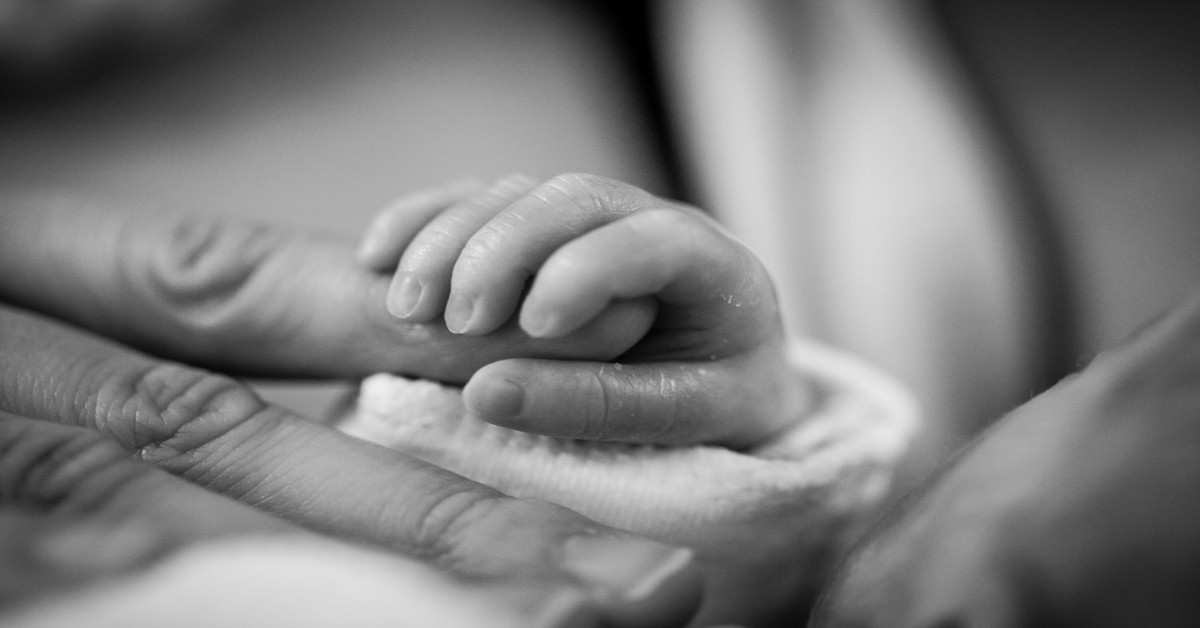National Newborn Week is an annual observance in India dedicated to raising awareness about the critical importance of newborn care. From November 15 to 21, this event underscores the need to provide quality, safe, and nurturing care to every newborn, supporting both child survival and long-term development. Led by the Ministry of Health and Family Welfare (MoHFW), this initiative is aligned with global efforts to reduce neonatal mortality.
Click Here: World Savings Day 2024
Theme of National Newborn Week 2024
Since 2021, the theme for National Newborn Week has remained “Safety, Quality, and Nurturing Care – Birth Right of Every Newborn.” This theme emphasizes that every child deserves safe and high-quality care from birth, as an essential right that lays the foundation for a healthy future.
Background of National Newborn Week
- Establishment of National Newborn Week
- In 2000, responding to a request by the National Neonatology Forum (NNF), the Government of India instituted National Newborn Week.
- This observance was officially launched on November 15, 2000, by then-Prime Minister Atal Bihari Vajpayee, marking the beginning of India’s commitment to improving newborn health and reducing infant mortality.
- Evolution of Newborn Health Initiatives
- Since its inception, National Newborn Week has become a pillar of India’s healthcare initiatives, drawing attention to newborn survival, the need for neonatal care, and long-term developmental support.
India Newborn Action Plan (INAP)
- Launch of INAP in 2014
- India became the first country to launch the India Newborn Action Plan (INAP) in 2014, aligning with the Global Every Newborn Action Plan.
- The aim is to reduce preventable newborn deaths and stillbirths to less than 10 per 1000 live births by 2030. Intermediate targets were set for 2017, 2020, and 2025 to track progress.
- INAP Goals and Targets
- Primary Goal: Achieve single-digit preventable deaths and stillbirths per 1000 live births.
- Progress Milestones: Targets include reducing mortality rates to 24 per 1000 by 2017, 21 per 1000 by 2020, and 15 per 1000 by 2025.
- INAP is a critical component of India’s effort to achieve Sustainable Development Goal 3, focusing on good health and well-being.
Importance of Newborn Care
- Neonatal Phase: A Crucial Window
- The neonatal phase, covering the first 28 days of life, is essential for infant survival. This period carries the highest daily risk of mortality during infancy, and the quality of care during this stage directly impacts the child’s future health and development.
- Foundation for Long-Term Health
- Providing appropriate care, nutrition, and a supportive environment in the early days of life sets the foundation for lifelong health, resilience, and cognitive development.
Child Mortality: A Persistent Challenge
- Current Statistics on Child Mortality
- In India, an estimated 2.6 million newborns die within the first 28 days of life, and many of these deaths occur within the first week.
- Additionally, around 2.6 million stillbirths are reported annually, highlighting the urgent need for enhanced newborn and maternal care.
- Key Causes of Newborn Mortality
- Infections: Approximately 33% of neonatal deaths are due to infections, underscoring the need for hygienic practices and immunizations.
- Physical Development Issues: Around 35% of deaths are attributed to inadequate physical development and premature birth.
- Intrapartum Complications: About 20% of newborn deaths are caused by intrapartum complications, such as respiratory arrest and hypoxia.
- Congenital Anomalies: Around 9% of neonatal mortality cases are due to congenital anomalies.
India’s Progress in Reducing Neonatal Mortality
- Improvement in Neonatal Mortality Rate (NMR)
- The Neonatal Mortality Rate (NMR) in India has seen a substantial decrease from 44 per 1000 live births in 2000 to 20 per 1000 live births by 2020.
- This improvement is largely attributed to increased awareness, healthcare reforms, and government-supported neonatal programs.
- Role of Policy and Awareness Campaigns
- Programs such as the Reproductive, Maternal, Newborn, Child, and Adolescent Health (RMNCH+A) strategy have also played a crucial role in reducing neonatal mortality through interventions that address issues at every life stage.

The Role of the Ministry of Health and Family Welfare (MoHFW)
- MoHFW’s Newborn Care Policies
- The Ministry of Health and Family Welfare (MoHFW) leads National Newborn Week each year, ensuring policies and healthcare initiatives are implemented to benefit newborn health.
- MoHFW works closely with healthcare professionals and non-governmental organizations to promote newborn care in both rural and urban settings.
- Healthcare Facility Upgrades and Training
- Through initiatives like the Facility-Based Newborn Care (FBNC) program, the MoHFW aims to strengthen healthcare facilities, especially in remote areas, and ensure healthcare professionals are trained in neonatal care best practices.
How National Newborn Week 2024 is Celebrated
- Community Outreach and Education Programs
- Throughout the week, healthcare centers conduct awareness campaigns, workshops, and community sessions to educate the public on neonatal care.
- Events focus on practices like breastfeeding, immunization, and infection prevention to support newborn health and reduce mortality.
- Collaboration with NGOs and Health Workers
- The week also sees collaboration with NGOs, community health workers, and pediatricians who bring essential information on newborn health to underserved populations.
- By working together, healthcare professionals and community organizations play a pivotal role in disseminating knowledge and support.
Click Here: World Development Information Day
Conclusion: A Shared Responsibility for Newborn Care
National Newborn Week 2024 serves as a reminder of the shared responsibility to safeguard newborn health, improve survival rates, and ensure the well-being of future generations. Through initiatives like INAP and MoHFW-led programs, India continues to work toward creating a safe, nurturing environment for every child’s foundational years. By prioritizing neonatal care, promoting maternal health, and addressing key causes of newborn mortality, National Newborn Week contributes to India’s broader commitment to achieving a healthier, more equitable society for all.

